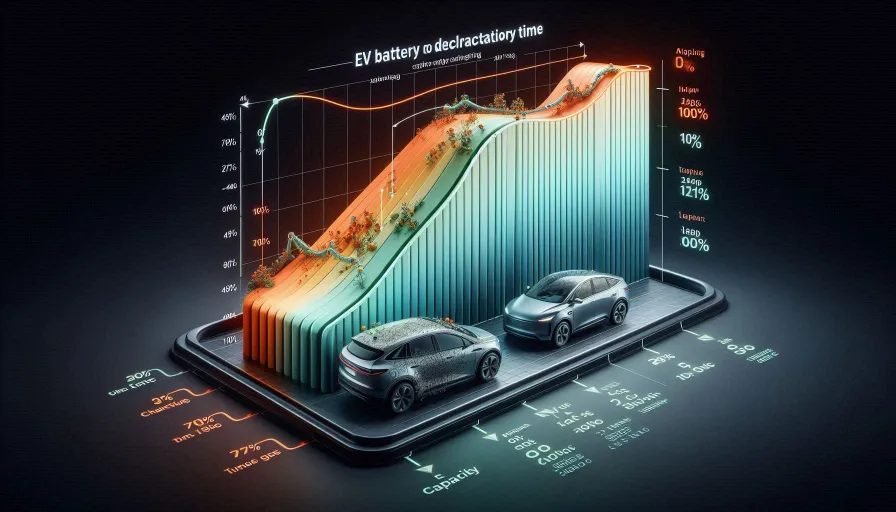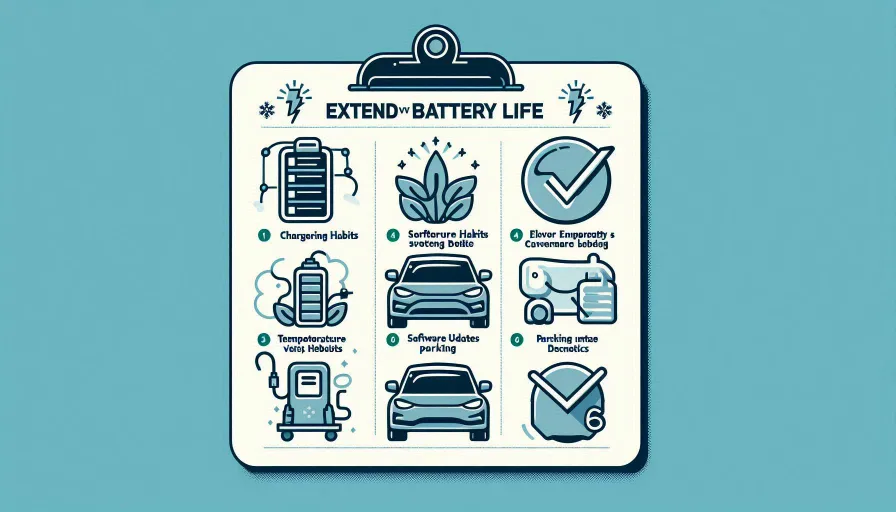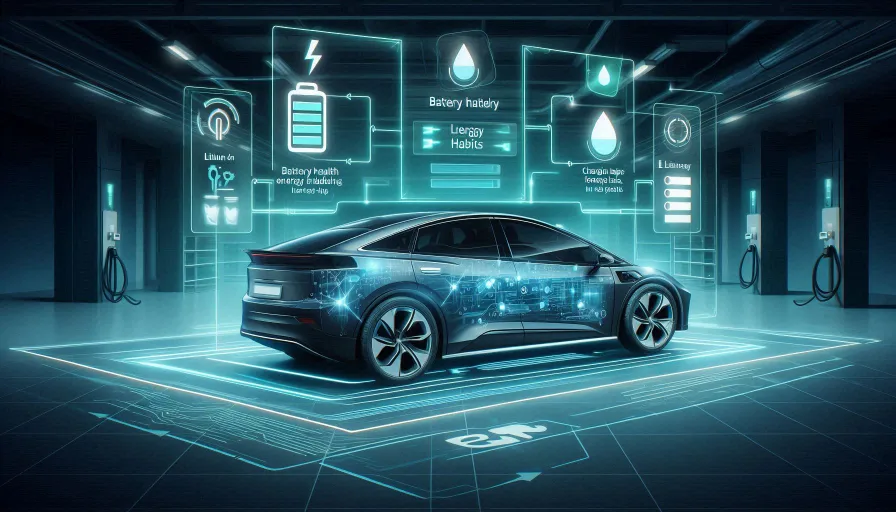How EV Batteries Work & Lifespan Tips are no longer niche knowledge—they’re essential for every EV owner, content creator, and sustainability advocate. With electric vehicles (EVs) becoming mainstream, understanding battery technology and applying smart care strategies can dramatically improve performance, reduce long-term costs, and extend battery life.
This guide explores the science, maintenance, and future of EV batteries in detail.
Table of Contents
How EV Batteries Work
EV batteries are the heart of electric mobility. Most modern EVs use Lithium-ion (Li-ion) batteries due to their high energy density, long cycle life, and efficiency.
Core Components:
- Battery Cells: Store energy via electrochemical reactions.
- Battery Management System (BMS): Regulates voltage, temperature, and charge levels.
- Thermal Management System: Maintains optimal temperature for performance and safety.
- Inverter & Charging Port: Converts AC to DC and vice versa for charging and power delivery.
Energy Flow Explained:
When you accelerate, the battery sends power to the motor. During braking braking captures kinetic energy and stores it back in the battery, improving efficiency.
Read More:- EV Charging Guide 2025: Types, Speed & Connector Compatibility Explained
Factors Affecting EV Battery Lifespan

EV battery degradation is influenced by several controllable and environmental factors:
Temperature Extremes
- High heat accelerates chemical breakdown.
- Cold weather reduces range and charging efficiency.
- Tip: Use climate control features and park in shaded or insulated areas.
Charging Habits
- Frequent fast charging increases heat and stress.
- Charging to 100% or draining to 0% shortens lifespan.
- Tip: Maintain charge between 20%–80% for daily use.
Driving Style
- Aggressive driving stresses the battery.
- Tip: Use eco-mode and regenerative braking to reduce strain.
Software Updates
- Manufacturers release updates to optimize battery performance.
- Tip: Keep your EV software up to date for better battery management.
7 Powerful Lifespan Tips to Maximize Battery Health
1. Avoid Full Charges
Keep your battery between 20%–80% for daily use to reduce stress.
2. Limit Fast Charging
Use fast charging only when necessary—prefer slow overnight charging.
3. Precondition in Extreme Weather
Warm or cool the battery while plugged in before driving.
4. Park Smart
Avoid direct sunlight and freezing conditions.
5. Use Regenerative Braking
Capture energy during deceleration to reduce battery strain.
6. Monitor Battery Health
Use built-in apps or diagnostics to track performance.
7. Service Regularly
Schedule maintenance to catch issues early and update software.
Read More :- Solid-State Batteries 2025: Game Over for Petrol?
EV Battery Maintenance Guide

Proper maintenance is the backbone of battery longevity. This EV Battery Maintenance Guide outlines best practices:
- Charge Smart: Avoid overcharging and deep discharging.
- Drive Smoothly: Minimize rapid acceleration and braking.
- Store Wisely: Keep battery at ~50% charge during long storage.
- Use Original Chargers: Avoid third-party chargers that may not be optimized.
- Update Software: Regular updates improve battery algorithms and safety.
Battery Lifespan Statistics & Insights
- Average EV battery lifespan: 8–10 years or 100,000–200,000 km
- Annual degradation rate: 1.8%–2.3%
- End-of-life threshold: 70%–80% capacity
- Replacement cost: ₹3.5 lakh to ₹15 lakh
Advanced Battery Technologies
Solid-State Batteries
- Higher energy density
- Faster charging
- Improved safety
- Longer lifespan
LFP (Lithium Iron Phosphate) Batteries
- Lower cost
- Better thermal stability
- Ideal for high-temperature regions
AI-Driven Battery Management
FAQs
Q. How long do EV batteries last?
Most EV batteries last 8–10 years or 100,000–200,000 km, depending on usage and care.
Q. What affects EV battery lifespan the most?
Temperature, charging habits, and driving style are the top factors.
Q. Can I replace my EV battery?
Yes, but it can be expensive—ranging from ₹3.5 lakh to ₹15 lakh. Refurbished options are emerging.
Q. Is fast charging bad for EV batteries?
Frequent fast charging can degrade batteries faster. Use it sparingly.
How do I know if my EV battery is degrading?
Watch for reduced range, slower charging, or system alerts. Most EVs lose 1.8%–2.3% capacity per year.
Conclusion
Understanding how EV batteries work & lifespan tips isn’t just technical—it’s strategic. With proper care, smart charging, and regular maintenance, EV owners can enjoy long-lasting performance and avoid costly replacements.
As technology evolves, battery durability will only improve, making electric mobility more sustainable and cost-effective.
External Resources

